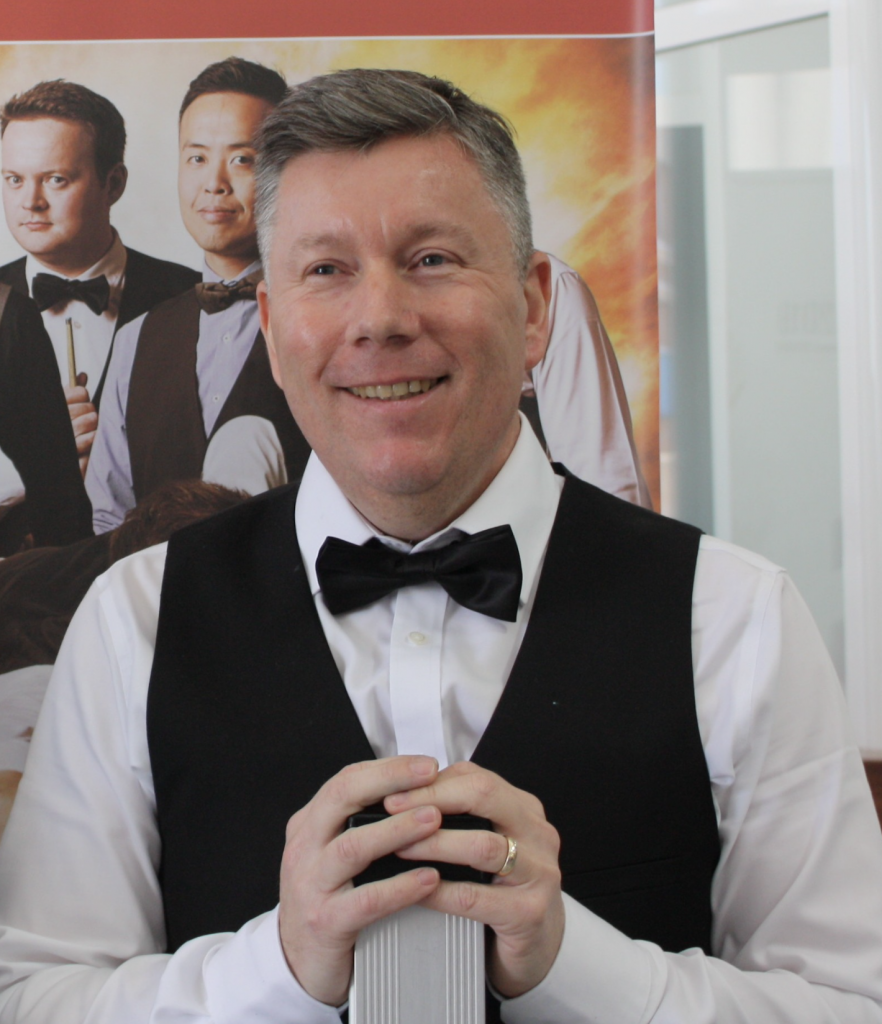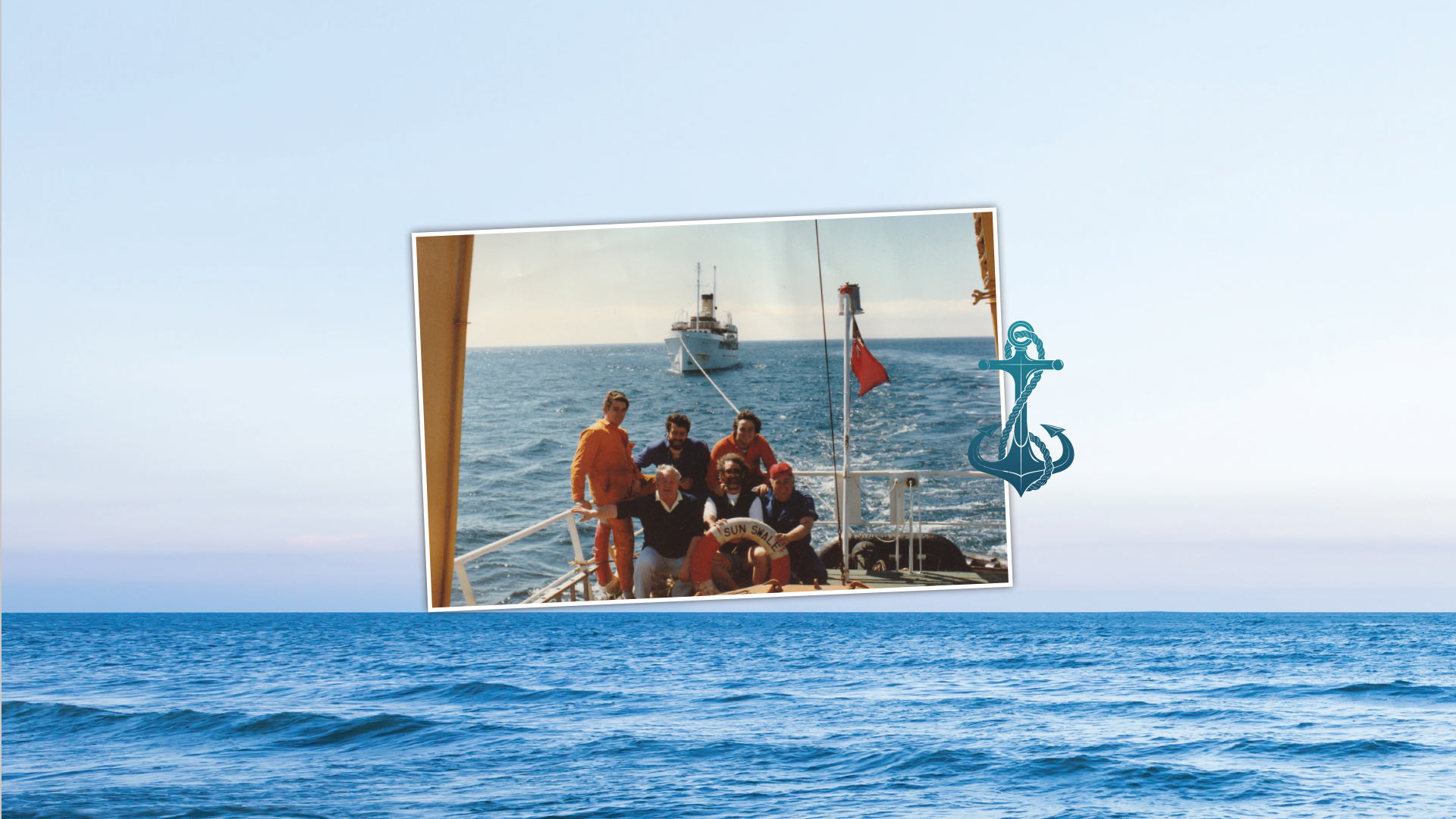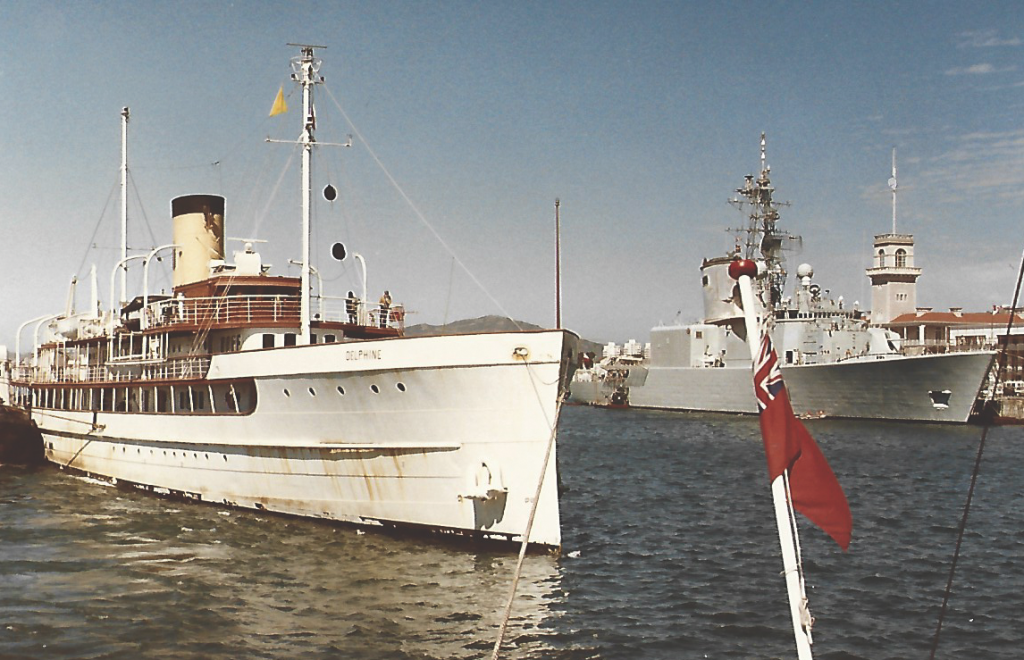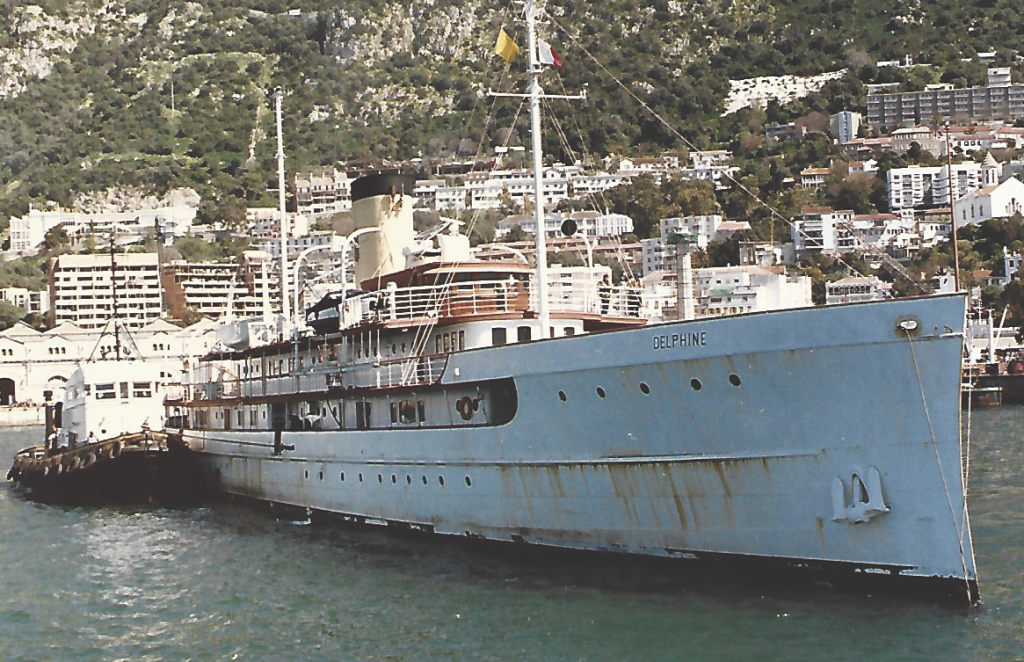Mrs Classic – ‘Classic’ fairy tale unfolds in Bulgaria
I sit in a Euro Port coffee shop with a charming Irish lady, a mother of four in her early fifties.
Angela Traverso is the reigning ‘Mrs Classic Universe’ and just as it happened to her on the big night of her life in Bulgaria, when she was crowned earlier this year,she still can’t get to grips with the reality that it will be her, the beauty queen, who will be handing over her crown to a new Classic queen when the international beauty pageant is hosted here in Gibraltar next spring.
That’s the stuff of fairytales and there’s also a touch of the luck of the Irish, when just two days before she won her crown, the twenty ‘Classic’ contestants were being hosted by the pageant organizers at a plush cocktail and she won a diamond which she found sitting at the bottom of her glass of bubbly. It happened to be her birthday too, so why shouldn’t she believe in fairy tales- wouldn’t you? Did she have any previous experience?
“ I had no previous experience of beauty pageants or catwalks. I had no notion of it and really no overwhelming desire to be a part of that world. I had seen the previous year’s Mrs Gibraltar Classic and it struck me as something interesting and exciting. I think I was about to turn 50 the year I first saw that pageant so then when the recruitment came up on social media the following year (2022) I found myself thinking yeah why not? And I simply went for it.” I wondered whether she ever had an eye on the prize or even the bigger prize of representing Gibraltar and winning an international crown. “Well really all ten of us who took part over here all thought that we had a fair chance of winning and when I talked to my husband Luke he said that ‘you have a one in ten chance’ and he was obviously biased to me winning. It never entered my head because I didn’t go just to win, I went to enjoy the experience and for the ride in my mid-life.”
The Mrs Gibraltar Classic took place on the 13thJanuary. That was a Friday evening and on the Sunday it had been decided that Angela was going to Bulgaria to represent Gibraltar. “My feet didn’t hit the ground! On the Monday we went to book the flight and on Tuesday I was flying to Bulgaria. When I got there I was met and we talked about rehearsals but the pageant over there was different to ours. It was a simpler affair in a hotel ballroom where we just paraded three times in front of the judges. Over there we did an afternoon of rehearsals a day before the show. We were told that we would first parade in our national costumes. The second round would be a talent round where we could do our own thing and the final round would be the evening wear parade.”
Angela had been thinking about ‘that talent round’, but not too much (she jokes) because she didn’t have time, so she did what she thought was her best shot- a sporty thing.“In the end I did get something ready and it was a little exercise routine because I don’t sing or dance and I certainly can’t pull rabbits out of a hat either! So I did what I thought was my best exercise turn and after that it was down to the evening wear parade to pull up the marks.” It turns out that our Angela travelled to Bulgaria on her own and it was a nerve wracking experience because she is a nervous traveller. “ I flew there via Istanbul and as I thought that they would not understand English in my Irish accent I blurted out answers in my very limited Spanish.”
Back to the Pageant night now and I wanted to know whether the contestants had to wait long before the results were announced and it was a surprisingly short wait of twenty minutes, but the results were confusing to follow in a strange language. “Well it was so strange as everyone was getting a crown and a sash. It was Mrs Europe, Mrs wonderful, Mrs Everything etc, etc and I got really confused clapping and thinking that the winner had already been announced. They were all lovely ladies and when they called out Gibraltar they had to say it twice and I was startled, so my picture turned out like a rabbit caught in headlights. Then I looked down at the colour of my sash and it was gold and everybody else’s was silver. It was the then reigning queen who held my hand walking up to receive the crown and told me in English that I had won it. She had to convince me as I was totally shocked in disbelief. She was lovely and is married to an Irish man called Dermot as I later found out, so in the end we got on like a house on fire.”
Little did Angela realize then that winning would mean that the next year’s pageant would have to be hosted by Gibraltar and that it would involve her handing over the international crown in her home town. She could be forgiven for thinking what she had let herself in for however, this lady takes it all in her stride with a beaming smile which is totally captivating and reminds one of the song ‘When Irish eyes are smiling’.
“I know that the next Mrs Classic Universe pageant will take place here in the early spring of next year and that it will follow our own Mrs Gibraltar Classic competition where I will hand over my local crown. So all that is still in the future but you know, I went into my first pageant with hope but more for the ride – which I thoroughly enjoyed. This whole experience has been great and I have made lots of friends here and abroad. We are still in touch and contrary to what you might hear about pageants, I can honestly say that everyone has been lovely and it really has been like a fairy tale year for me. I couldn’t have wished for a better outcome and it will be a really nice story to tell the grandchildren in future. The ‘Classic’ pageant experience is something that I would recommend 100per cent. I have lived here for eleven years and this is really the highlight that stands out for me.”
That is the best plug for aspiring contestants who may still be in doubt as to what fun and hard work can produce when entering a local pageant with international possibilities. Ladies – don’t hesitate when the recruitment begins for this year’s ‘Mrs Gibraltar Classic’- your own fairy tale might unfold like it did for Angela Traverso whose Irish eyes are still smiling as we wrap up our interview chat and get our picture taken by her husband.































